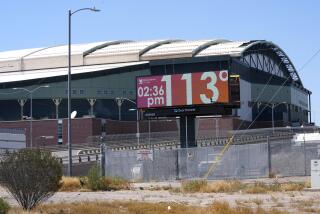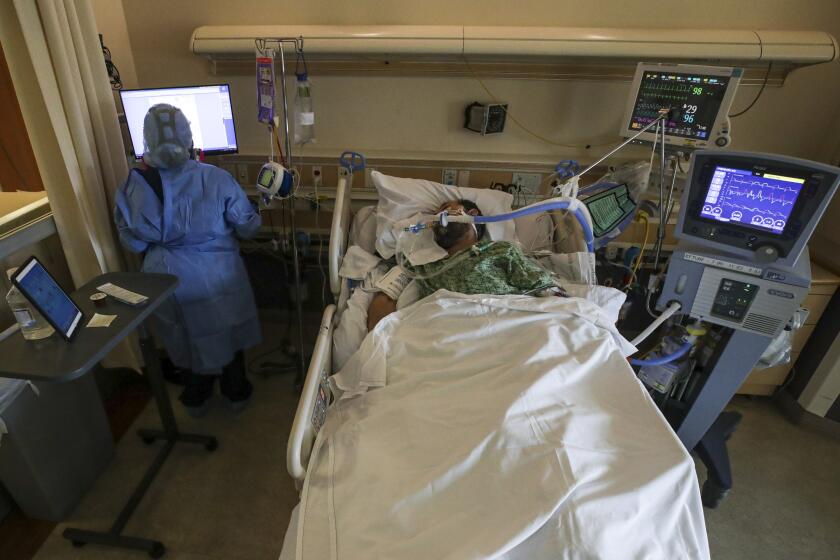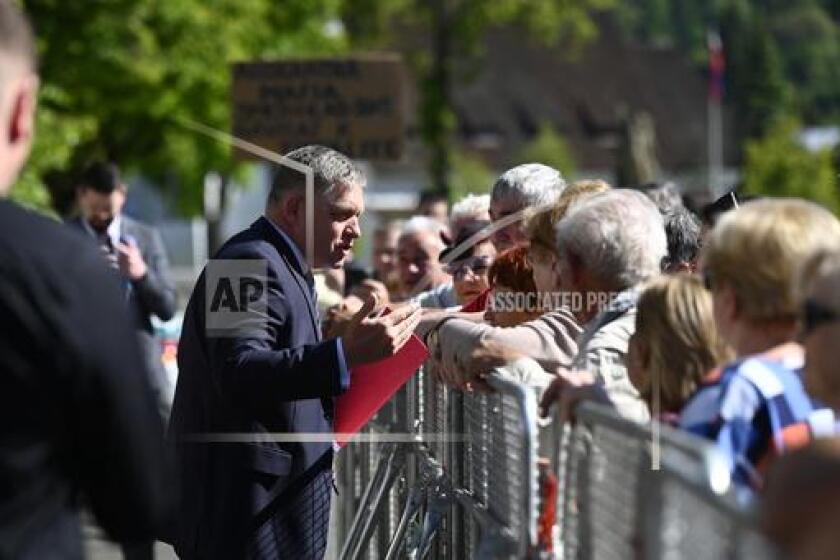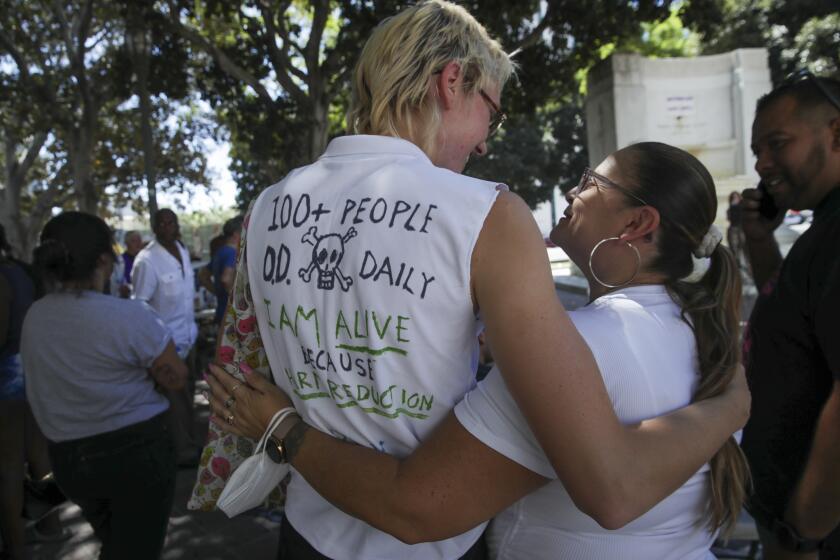Heart Recipient’s Doctors Say Speech Lag Isn’t Stroke
The first recipient of the Penn State heart suffered slowness of speech for 30 minutes Sunday, but doctors said it was not caused by a stroke, a problem that has plagued other artificial heart patients.
Anthony Mandia, who received the pump Friday, underwent some sort of “neurologic event” but did not suffer the brain damage or lack of physical mobility a stroke would cause, said Dr. John W. Burnside at Hershey Medical Center.
Mandia’s speech was “slow and thick” for about 30 minutes, but returned to normal over the following 30 minutes, Burnside said.
“We’re still uncertain what this event was,” he said.
Doctors allowed Mandia, who said he was feeling “very strong,” to sit on the side of his bed and dangle his legs, watch a football game on television and visit with family members after the episode.
Old Wound Cited
The problem could have been caused by an old gunshot wound to the head or from fluctuating blood levels of an anti-seizure drug Mandia has been receiving, said Burnside. He said he knew no details about the shooting, which occurred when Mandia, 44, was a teen-ager.
It also could have been caused by a blood clot, a recognized hazard following heart implants, but Burnside said there was no other evidence of a clot.
The four living recipients of the Jarvik-7 artificial heart, including an Arizona man who later received a human transplant, suffered strokes after the implant surgery. Two other Jarvik-7 recipients died without suffering strokes.
Dr. Robert Jarvik, the inventor of the heart, has said that he believes an improper balance of anticoagulant drugs, rather than the device, may have caused the strokes.
Mandia’s slow speech episode occurred at about 7 a.m. and was immediately noticed, said Rosann Bezilla, one of the nurses attending him.
Mandia was “just taking it as one of those things” and said he’s going to “keep fighting,” she said.
Condition Generally Good
Burnside said that Mandia’s condition was generally good, but he was having some problem taking deep breaths and coughing for examinations.
Carl Andrews, a hospital spokesman, said Mandia’s name has been placed at the top of a list of patients awaiting human heart transplants, but not because of the slow-speech episode.
“As soon as a donor heart is available the transplant can be done,” Andrews said.
Officials at the Delaware Valley Transplant Program in Philadelphia said Sunday that they have resumed searching in the United States and Canada for a natural replacement for Mandia’s mechanical heart. “He’s urgent, he’s priority,” said Wendy Donato, a coordinator of the program.
The one-pound, plastic, air-driven device was implanted in Mandia’s chest soon after doctors determined that his own heart would not last much longer.
More to Read
Start your day right
Sign up for Essential California for news, features and recommendations from the L.A. Times and beyond in your inbox six days a week.
You may occasionally receive promotional content from the Los Angeles Times.






